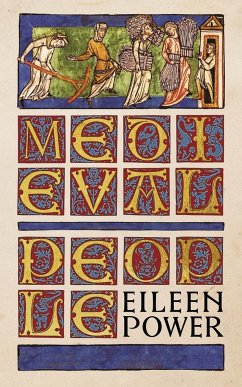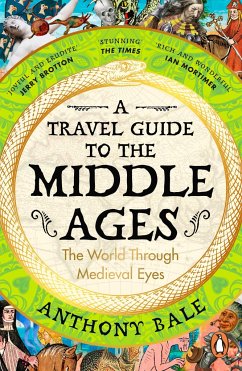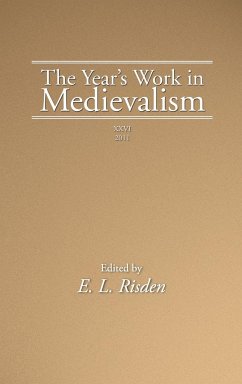
Medieval Cities
Their Origins and the Revival of Trade
Versandkostenfrei!
Versandfertig in 1-2 Wochen
20,99 €
inkl. MwSt.
Weitere Ausgaben:

PAYBACK Punkte
10 °P sammeln!
Best known for his thesis that it was not the invasion of Germanic tribes that brought about the so-called Dark Ages, but the Muslim invasions of the 7th century and the closing off of Mediterranean trade, Henri Pirenne extends his examination of the decline and revival of Europe in Medieval Cities. He first examines the many interruptions of long-distance commerce and trade, showing how they greatly accelerated the decline of ancient European cities. He then proceeds to illustrate how the rejuvenation of trade in the 10th and 12th centuries led to the birth of new cities and centers of trade,...
Best known for his thesis that it was not the invasion of Germanic tribes that brought about the so-called Dark Ages, but the Muslim invasions of the 7th century and the closing off of Mediterranean trade, Henri Pirenne extends his examination of the decline and revival of Europe in Medieval Cities. He first examines the many interruptions of long-distance commerce and trade, showing how they greatly accelerated the decline of ancient European cities. He then proceeds to illustrate how the rejuvenation of trade in the 10th and 12th centuries led to the birth of new cities and centers of trade, and how the increasingly key role of the middle class led in due course to the development of modern economic systems and culture. Long appreciated as a vital resource for students of medieval history since its publication in 1925, Medieval Cities remains a classic in its field and essential reading for anyone with an interest in the history of Medieval Europe.













